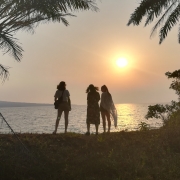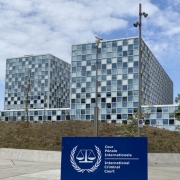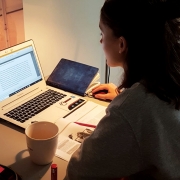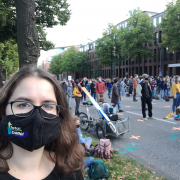About the handbook on advancing institutional child protection
Every child should be living free from violence. However, we have known for decades that violence is a common reality affecting children in our societies throughout the world. With the impact of the Covid 19 pandemic, increasing migration, and conflicts, this reality has grown to an even greater dimension putting many families under immense pressure.
Protecting children from violence is one of the main working areas of the World Future Council. That’s why, we have launched a new policy handbook for advancing institutional child protection.
On the following pages, you can find more about the One-Stop Centre model (OSC). OSC is a cost-effective and easy-to-implement response for countries and municipalities to rising cases of violence against children. These centres have provided several necessary services to respond to cases of child abuse, violence, maltreatment, and neglect, all under one roof. You can learn more about successful experiences of the implementation of this model, its strengths and shortcomings as well as key lessons learned for the minimum requirements necessary to support OSCs for policy makers and stakeholders engaged in the field of child protection.
This publication and our work would not be possible without your support. Once again, we would like to thank you for it!
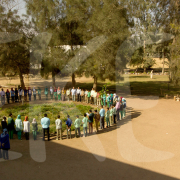


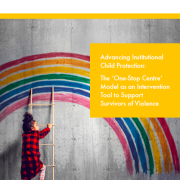

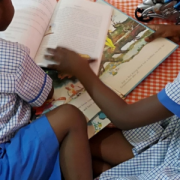

 MEDIA CONTACT Anna-Lara Stehn Media & Communications Manager
MEDIA CONTACT Anna-Lara Stehn Media & Communications Manager 